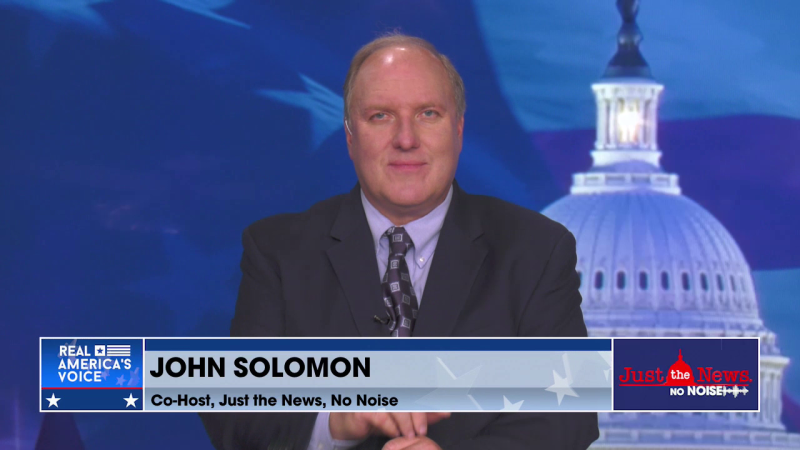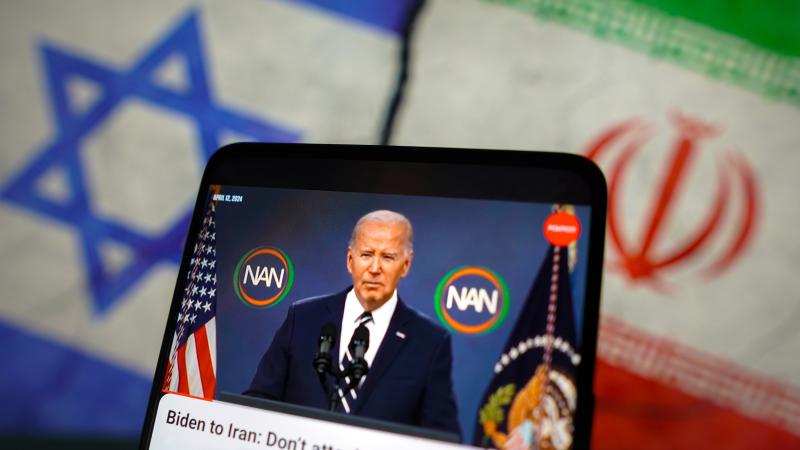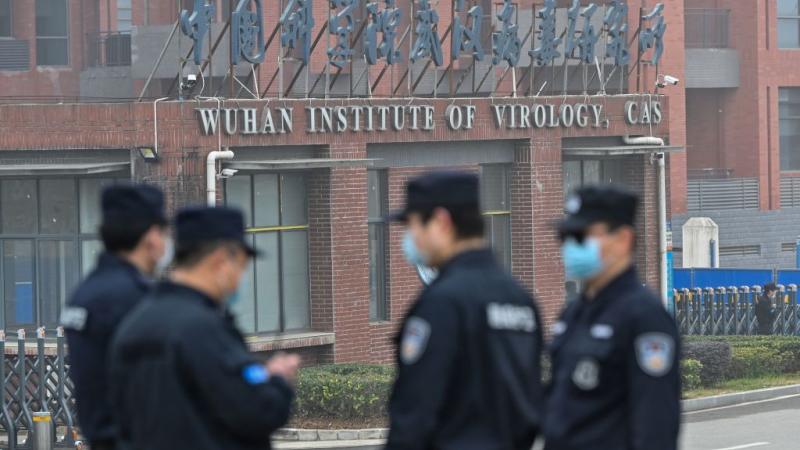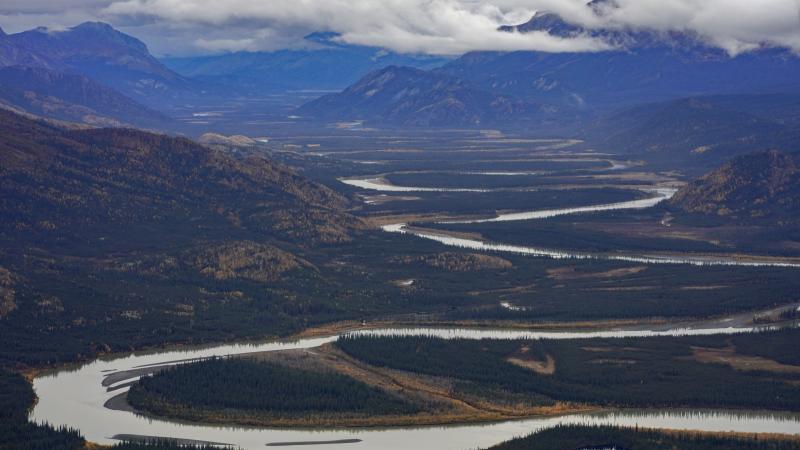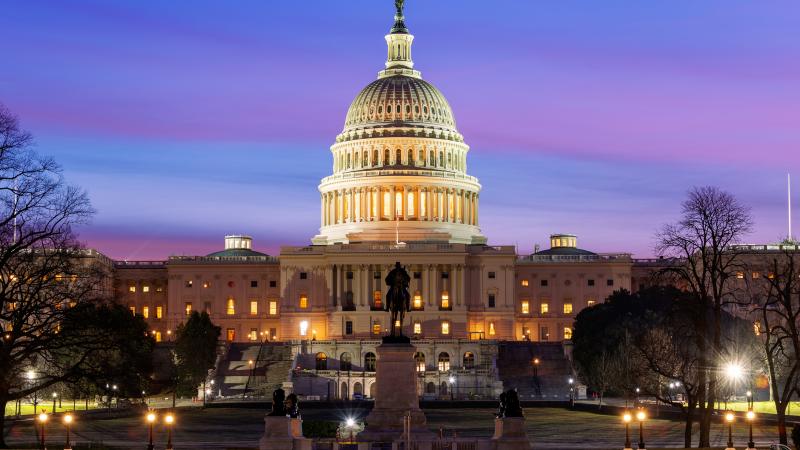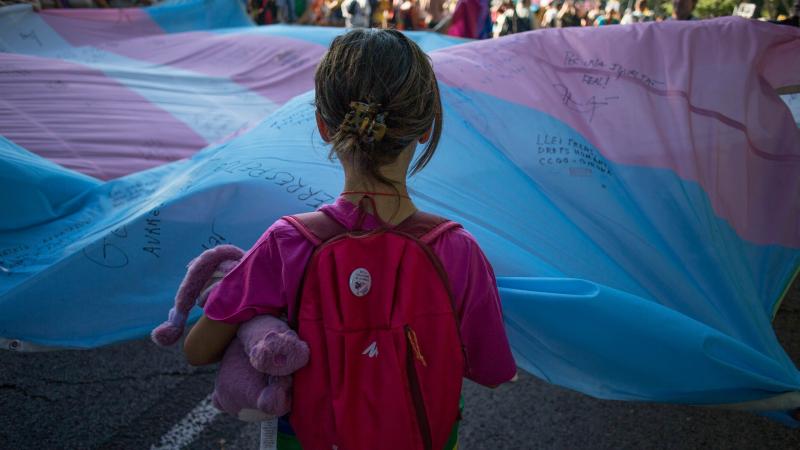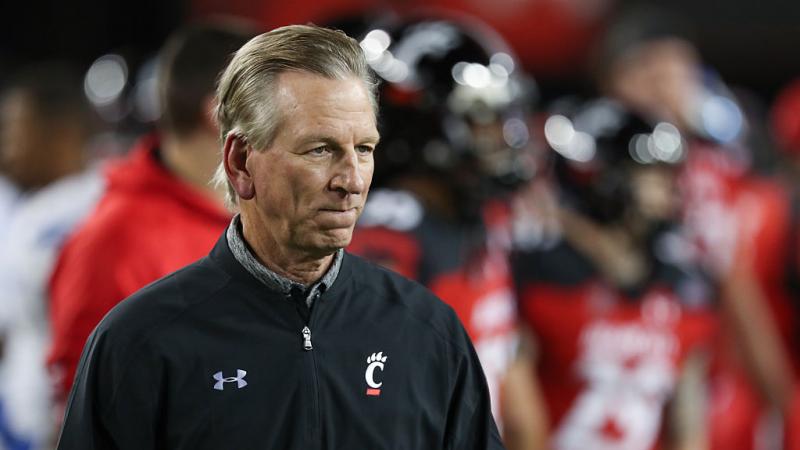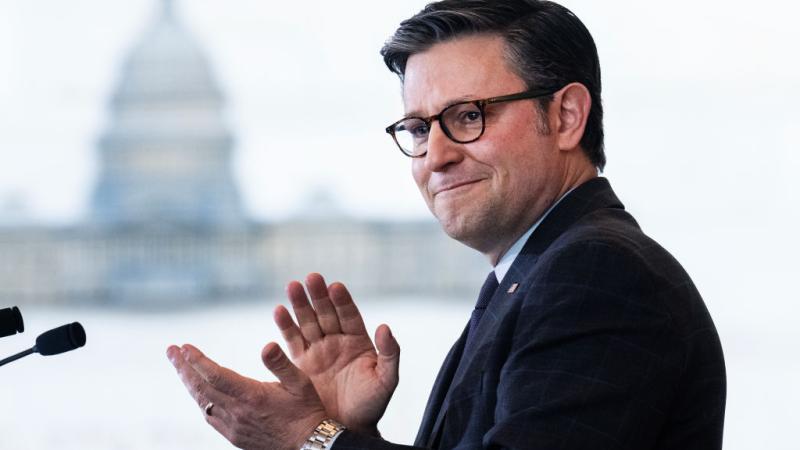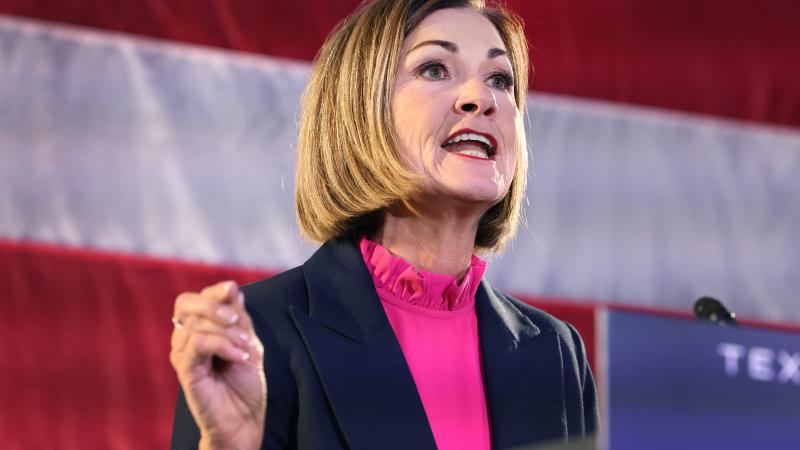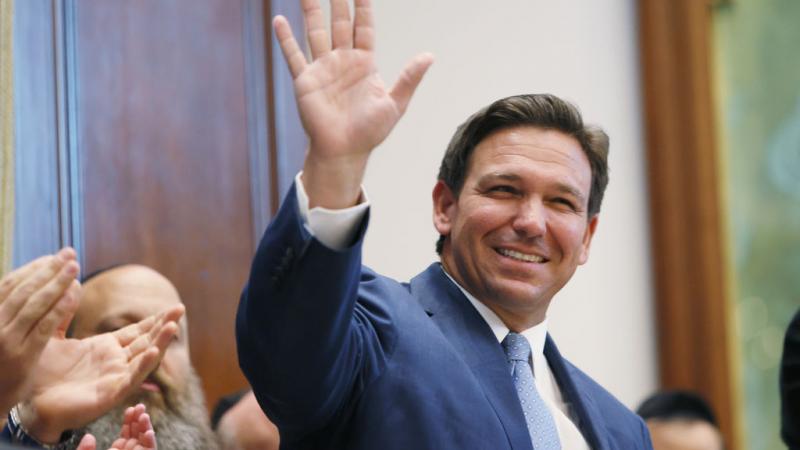Coronavirus cases and deaths continue to decline, but officials vow to continue restrictions
Authorities promise to continue social distancing, mask mandates until a vaccine takes effect.
Numerous high-ranking public authorities throughout the United States have pledged to continue enforcing COVID-19 restrictions — including social distancing rules and mask mandates — even as cases of and deaths attributed to the virus continue a steady two-month decline throughout the country.
Those officials have signaled that the restrictions will not be lifted unless and until an effective vaccine is developed, approved, distributed throughout the country and utilized by enough of the population to create functional herd immunity.
The restrictions, which have become ubiquitous parts of American life since March, have included the mandatory use of face coverings when in public places (including outdoor locations in some jurisdictions) and the enforcement of "social distancing" rules to keep individuals at least six feet away from each other. The latter rules have been applied to businesses in the form of occupancy limits, with restaurants and other stores being required to cap their patron limit at 50% and even 25% in the case of many eat-in establishments.
In many regions some of those rules, which were strictly imposed at the outset of the pandemic, have been relaxed to varying degrees in recent weeks and months, with businesses in some states being allowed to accept more patrons at one time, while other types of establishments such as gyms and salons have been permitted to resume modified business practices.
The rollback of some of those rules has raised concerns that transmission of the virus could spike again as Americans move toward resuming something resembling normal life. Yet daily new cases in the U.S. have been declining for roughly two months, as have daily deaths from the virus. The data tracking website Worldometers indicates that new infections of the virus nationwide peaked around Jul. 25, after which rates began to steadily decline. At present, the seven-day average of new infections is 40% lower than its July peak.
Daily deaths from the disease, meanwhile, have fallen 30% in that same timeframe, with seven-day averages in the summer having peaked at roughly half the death rate the country saw back in April.
'Until there is a vaccine we cannot become numb or complacent'
The ongoing decline of the virus's spread throughout the country has seemed to at least partially ameliorate earlier fears that reopening would lead to an uncontrollable explosion in cases, overwhelmed hospitals, and skyrocketing death rates.
Yet multiple governors throughout the country have nevertheless stated their intent to keep many of their state's restrictions in place until a COVID-19 vaccine has been distributed throughout the country and enough Americans have taken it — perhaps even if that doesn't happen until late 2021.
California Gov. Gavin Newsom's office, for instance, wrote at the end of last month on the state's website that, "until an effective vaccine is distributed, Californians must wear a mask every time they're with people outside their household. Residents must take activities outside and maintain distance even with loved ones who do not live with them. Californians must realize that the safest place to be is still at home. And the elderly and those with medical conditions should still stay away from others as much as possible."
That directive touches on a critical logistical issue faced by public health authorities: Any vaccine distributed across the country in the coming months must be "effective" to the point that it generates an artificial rate of herd immunity sufficient to stop the virus. No vaccine in history has ever been developed, trialed, distributed and deployed in such a tight timeframe.
In May, one Yale professor asserted that the fastest vaccine ever developed took five years to come to fruition; in contrast, scientists have been scrambling to develop a COVID-19 vaccine for less than a year.
Whether an effective vaccine can be developed on such an abbreviated timetable remains to be seen. Michigan Gov. Gretchen Whitmer, meanwhile — as with Newsom — promised earlier this month to maintain at least some restrictions until the point that a vaccine takes broad effect.
"Until there are approved vaccines that are safe, that can be mass-manufactured and distributed, we're going to have to continue to be smart, follow the science, and take precautions," Whitmer said during an interview with Detroit Regional Chamber earlier this month.
Among U.S. states, Michigan is somewhat high on the list of those worst hit by the pandemic; in population-adjusted numbers it is #10 in deaths nationwide, even though by that same metric it is #38 in cases.
Most of those deaths, however, occurred between late March and late May; since early June, deaths there have been more or less flat, with the seven-day average of deaths often remaining below 10. Those numbers have held even as cases began rising again in mid-June.
Whitmer's commitment to restrictions even in the face of flat death rates may represent a solidified reluctance on the part of many administrators to take any risks associated with COVID-19. Lockdowns in the U.S. were impelled in no small part by scenes of what appeared to be impending medical collapse in Italy and France earlier in the year as coronavirus cases overwhelmed some hospitals and left numerous patients dying in the hallways.
Many authorities have declared that the only way such crises can be averted is through face coverings, distancing measures and, eventually, a vaccine.
New York Gov. Andrew Cuomo has claimed as much for months. In April he stated that the "ultimate resolution" of the pandemic will not arrive until a vaccine is developed, a project he estimated at the time would take 18 months.
Late last month Cuomo reiterated that message, telling New Yorkers that COVID-19 "is still surging in parts of the country," and that "until there is a vaccine we cannot become numb or complacent about the risks we face."
White House coronavirus adviser Anthony Fauci has also repeatedly asserted that a vaccine is the only practical way by which normal life might resume in the U.S. Yet he said earlier this month that, even when a vaccine is developed, it could be over a year before people are permitted to resume their pre-COVID lives.
"If you're talking about getting back to a degree of normality which resembles where we were prior to Covid, it's going to be well into 2021, maybe even towards the end of 2021," he said.


